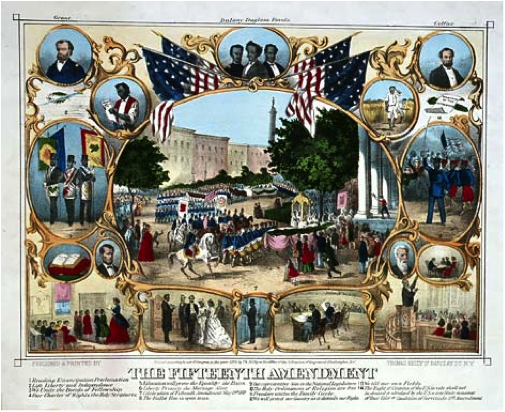Citizenship: Pursuit of a Path Beyond Paper
Post by Trina Jackson, Coordinator, Network of Immigrants and African Americans in Solidarity (NIAAS) and BIN Steering Committee Member
As soon as next week, we can expect proposed legislation on the long-awaited Comprehensive Immigration Reform (CIR). One of our central demands as a movement is a pathway to citizenship for the estimated 11 undocumented immigrants who have worked and contributed to this country’s economic growth, as well as to the health and vitality of their own communities.

As we demand this pathway to citizenship, it is also important for us to reflect on what the notion of citizenship really means, as this question has always been at the heart of every social justice movement and intellectual debate about American ideals. Past social justice movements, especially in African American struggles for civil rights, has taught us is that it is definitely a path beyond paper. Citizenship is more than just a legal term.
Possession of citizenship is associated with the right to work, right to live in a country and participate in political life. This includes the right to free speech, right to vote, right to due process and equal protection under the law. Yet, as many activists, scholars, and historians have documented, the notion of citizenship is a “cultural ideal infused with the morals, principles, values, and expectations within the context of the times.” Historians like Kim Cary Warren note that early versions of the Bill of Rights excluded citizenship from Native Americans, most African Americans, and most women. These groups were denied economic and social rights. After the 13th and 14th amendments which abolish slavery and solidified citizenship for African Americans, white reformers opened segregated schools, ultimately reinforcing the very racial hierarchies that they claimed to challenge. African Americans developed strategies that emphasized inclusion and integration, while sovereignty was the demand for Native Americans in defining what citizenship meant for indigenous people whose land was stolen from them. We are still dealing with the impact of these legacies with the ongoing fight for better public schools, closing the achievement gap for black students, and getting sufficient English language learning programs for immigrant students.
Citizenship is as much a cultural, structural and systemic struggle for it does not necessarily guarantee the access to those rights. This is what must continue to fight for even after CIR. We must project a vision for citizenship that goes beyond paper. As we have learned from past movements, this is what full social transformation can look like.
Recent Posts
- Black Immigrant Network – Too Important to Die an Internet Death
- Citizenship: Pursuit of a Path Beyond Paper
- On International Migrants Day, Black Voices Call for Immigration Reform With Racial Equity
- Webinar Invite: Black Perspectives on Immmigration Reform
- Reflecting on Bin’s Development on International Migrants Day
